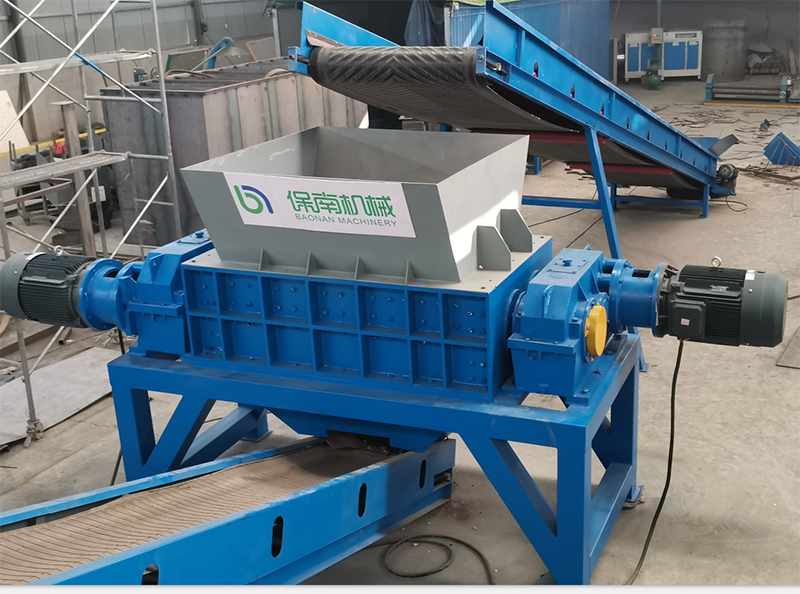

Sep . 07, 2024 11:07 Back to list
The Importance of Aluminium Recycling Plants
Aluminium is one of the most widely used metals in the world, known for its lightweight, durability, and resistance to corrosion. However, the production of aluminium is energy-intensive, leading to elevated levels of greenhouse gas emissions and significant environmental impacts. To mitigate these effects, aluminium recycling has emerged as a crucial process, paving the way for sustainable development. Aluminium recycling plants play a vital role in this endeavor, transforming used aluminium into valuable raw materials for manufacturing.
Aluminium recycling is not just beneficial for the environment; it also delivers substantial economic advantages. It is estimated that recycling aluminium saves up to 95% of the energy required to produce aluminium from raw materials. This energy efficiency translates into lower operational costs for manufacturers and reduced energy demand. Furthermore, recycling processes create jobs in the local economy, contributing to community sustainability and growth.
An aluminium recycling plant processes scrap aluminium from a variety of sources, including post-consumer products such as cans, car parts, and construction materials. The recycling process begins with the collection and sorting of scrap aluminium to remove contaminants. Once sorted, the aluminium is shredded into smaller pieces, which facilitates further processing. The shredded aluminium is then melted down in a furnace at temperatures exceeding 660 degrees Celsius. This transformation allows for the removal of impurities and results in molten aluminium, which can be cast into new products.

One of the most significant innovations in aluminium recycling is the use of advanced technologies that enhance efficiency and reduce environmental footprints. For instance, modern aluminium recycling plants employ state-of-the-art sorting technologies, such as optical sorting and eddy current separation, which significantly improve the purity of the recovered aluminium. Additionally, energy-efficient furnaces and recycling methods reduce the overall carbon emissions associated with the recycling process.
The output from aluminium recycling plants often re-enters the production cycle without the need for additional refining. This closed-loop process not only conserves resources but also aligns with global efforts to promote circular economies. By minimizing waste and maximizing the use of existing materials, aluminium recycling plants help preserve natural resources and foster sustainable production practices.
Moreover, the increase in consumer awareness regarding the importance of recycling has led to a growing supply of scrap aluminium. Education campaigns and incentives for recycling have encouraged more individuals and businesses to participate in the recycling process. As a result, aluminium recycling plants have seen an uptick in feedstock, allowing for greater output and more efficient operations.
In conclusion, aluminium recycling plants are integral to achieving a sustainable future. By recovering valuable materials from waste, they not only save energy but also contribute to economic growth and environmental conservation. The advancements in recycling technology reaffirm the importance of these facilities in reducing the carbon footprint associated with aluminium production. As we strive for sustainable solutions, the role of aluminium recycling plants will only continue to grow, making them a cornerstone of modern resource management. Investing in and enhancing these facilities will yield significant benefits for the planet and future generations, ensuring that aluminium remains a key player in a sustainable world.
Latest news
Troubleshooting Common Eddy Separator Problems
NewsJul.04,2025
The Role of Metal Recycling Plants in Circular Economy
NewsJul.04,2025
The Impact of Recycling Line Pickers on Waste Management Costs
NewsJul.04,2025
Safety Features Every Metal Shredder Should Have
NewsJul.04,2025
How Industrial Shredders Improve Waste Management Systems
NewsJul.04,2025
How Cable Granulators Contribute to Sustainable Recycling
NewsJul.04,2025